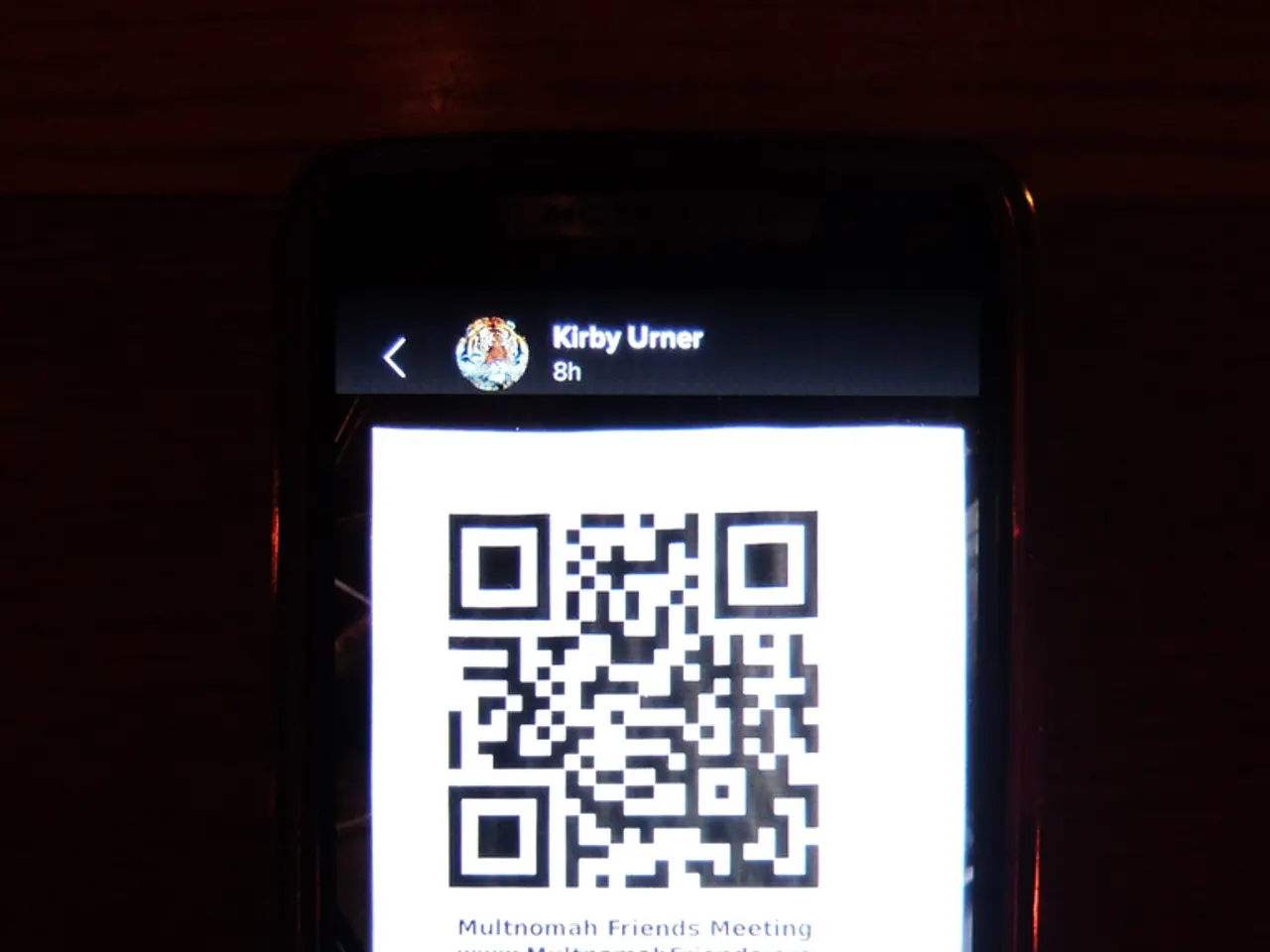Enhancing Continuous Monitoring of Leftover Cell Debris in Production
In the world of biotherapeutics, the production of large molecules, such as therapeutic proteins and antibodies, primarily takes place in mammalian host cells. However, during this process, host cell proteins (HCP) and host cell DNA (hcDNA) can pose significant challenges. Fortunately, Revvity, a leading name in the life sciences industry, offers innovative solutions to address these issues.
Revvity provides Research Use Only (RUO) platforms to detect both hcDNA and HCPs for multiple host cell types used in therapeutic protein and antibody expression, as well as in cell and gene therapy (CGT). For the detection and monitoring of HCPs, Revvity offers no-wash immunoassay kits based on bead and TR-FRET technologies, compatible with CHO and HEK293 host cells.
The AlphaLISA and HTRF protein assays, tailored to specific host cell types, are well-suited for automation. These assays deliver results in less than 3 hours, providing precise and robust real-time monitoring of HCPs in a rapid and higher throughput workflow. They offer low levels of detection, speed, and throughput, enabling same-day in-process monitoring.
The AlphaLISA and HTRF protein assays have a wide dynamic range and a broad spectrum of antibody assays to detect between 96% - 99.8% coverage of HCPs. This makes them an excellent choice for identifying and monitoring HCPs, despite the challenges posed by the lack of well-annotated HCP sequence databases and the difficulty in monitoring some low-abundance HCPs using analytical methods like ELISA and LC-MS.
On the other hand, hcDNA elutes with the therapeutic product, impacting yield. To address this issue, Revvity offers the HostDetect DNA assays. These assays have high sensitivity, a wide dynamic range that minimizes the need for multiple dilutions, and precision that meets ICH guidelines. The HostDetect DNA assay set-up enables flexibility in sample input volume and scalability up to 192 reactions per kit.
Moreover, the HostDetect DNA assays allow for in-process monitoring on real-time PCR thermal cyclers rather than end-point testing. This feature, along with the built-in internal control for monitoring sample preparation, PCR inhibition, reagent performance, and instrument function, makes the HostDetect DNA assays an indispensable tool for maintaining the quality and yield of biotherapeutics.
The HostDetect PCR DNA Quant Kits offer independent genome DNA detection molecular assays for three host cell types: CHO, HEK293, and E.coli. These kits further reinforce Revvity's commitment to providing comprehensive solutions for the detection and monitoring of HCPs and hcDNA.
Anis Khimani, PhD, serves as the Senior Strategy Leader, Life Sciences at Revvity. Under his leadership, Revvity continues to innovate and push the boundaries of what is possible in the field of biotherapeutics, making it easier for researchers and manufacturers to produce safe and effective treatments for patients worldwide.
Read also:
- Trump's SNAP reductions and New York City Council's grocery delivery legislation: Problems for city residents highlighted
- Reducing dental expenses for elderlies in Sweden: Over 50% cut in charges for pensioners by the government
- Forty-year-old diet: A list of meal choices to savor
- Exiled Life's Conundrum: A Blend of Liberation, Disillusionment, and Distress






